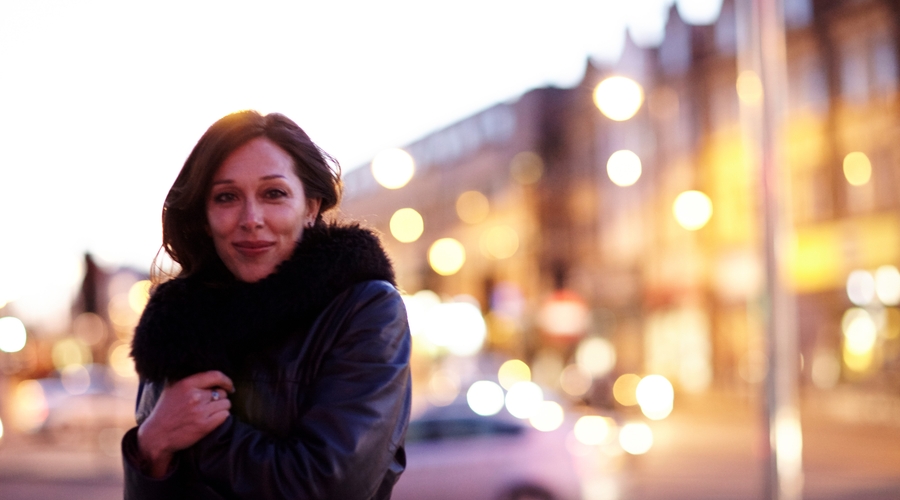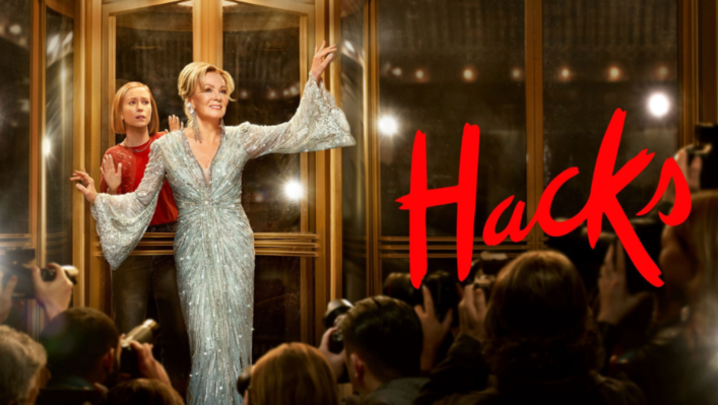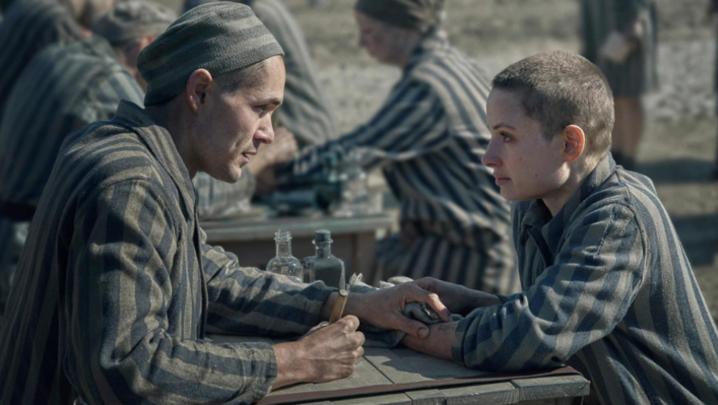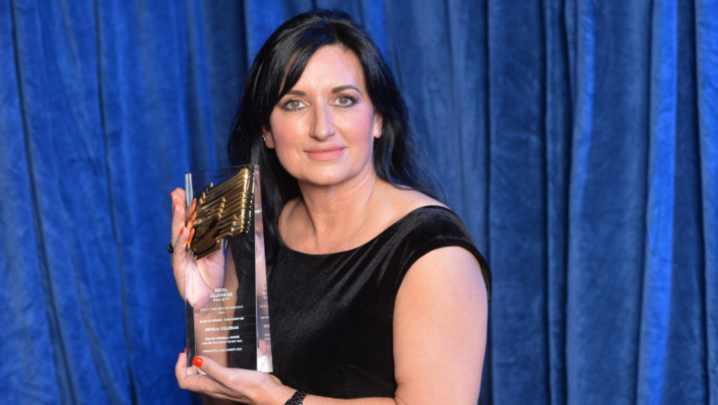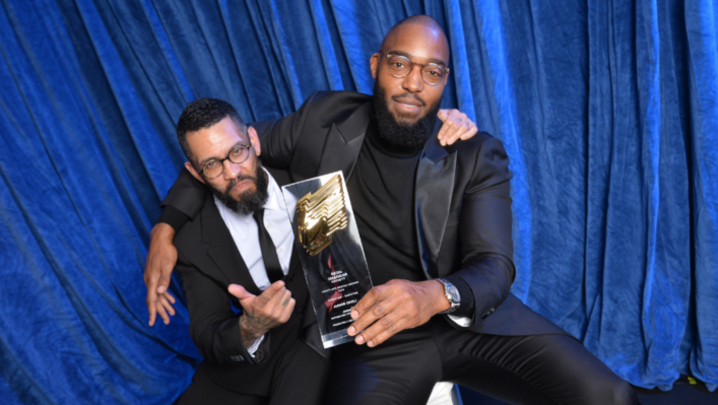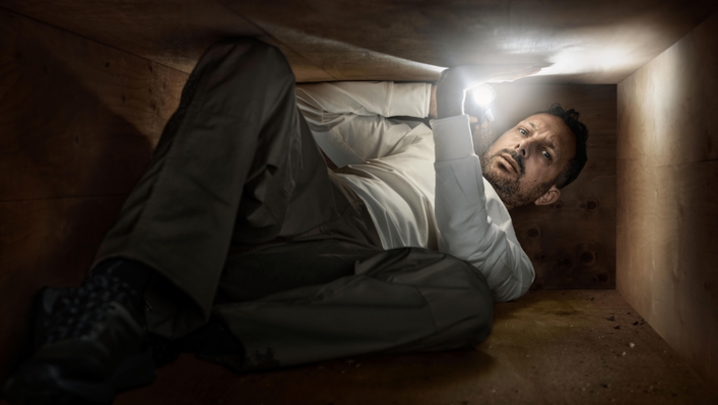Gender inequality has dominated the headlines in 2018.
At the recent Golden Globe awards Oprah Winfrey declared that “a new day is on the horizon” for women.
Meanwhile, senior BBC journalist Carrie Gracie quit her role as the broadcaster's China Editor citing an illegal pay culture that discriminates against women.
Gender parity is a global problem. Last year a report by the World Economic Forum suggested women won’t have equality for 100 years and that the UK has fewer opportunities for women than other countries.
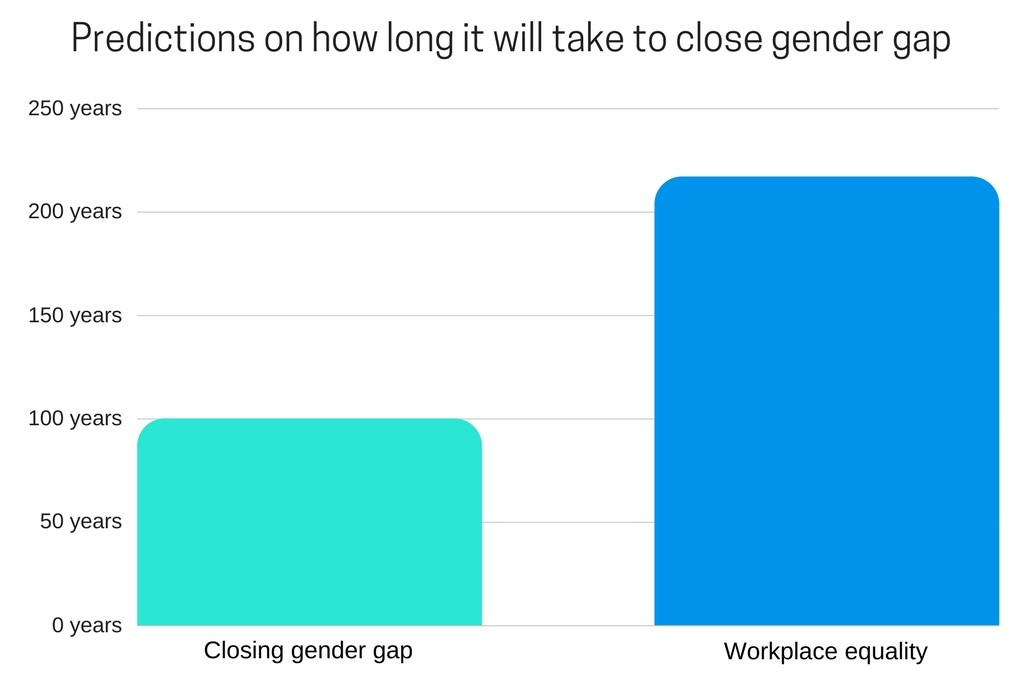
The lack of opportunities for women in the film and TV industry has been the source of much discussion, which has not necessarily lead to behaviour change.
"There's still a long way to go," says Ali Bailey, Head of Campaigning for Directors UK. “Sometimes women in male dominated roles are seen as a risk."
The statistics seem to confirm Bailey’s view. A report by the Annenberg Inclusion Initiative found that 22 male directors are hired for every woman in Hollywood, after surveying 1,100 films made in the last 11 years.
British director Rebecca Johnson, who has directed episodes of Supergirl and The Magicians knows from experience that opportunities can be hard to come by.
“People are still making those generalisations based on gender…I’d made a critically successful feature [Honeytrap)] but it opened absolutely no doors to me…It was quite shocking to me to not get a single TV meeting after that.
“I think things are changing…But it’s worth remembering that the same people who now want to hire women directors were the people who didn’t want to hire before and deliberately put obstructions in the way of other female directors for many years.”
Actress Natalie Portman highlighted the gender inequality issue when presenting an award for Best Director at the Golden Globes
Fabulous Fashionistas producer and director Sue Bourne agrees. “When I started a long time ago it was misogynistic and sexist…It’s probably just as bad now but it’s not as obvious because they pay lip service to equality.”
Bourne highlights other issues that impact gender inequality in TV. “There’s no security, once they [women] hit their thirties and want to have a family, it’s pretty impossible now. Everybody’s on short-term contracts and they don’t give anyone maternity leave these days.
The author of the Annenberg Inclusion Initiative, Stacy L Smith, argued that nothing will change until major media companies take concrete steps to address the biases that impede hiring.
It's something broadcaster Sky, which last year was named one of the top 50 employers for women by the Times, has sought to address. "There's lots of things going on and they are making a difference," a spokeperson for Sky told the RTS.
Initiatives include unconscious bias training for hiring managers and a shared parental scheme. The broadcaster offers 6 months' full paid leave and the family support framework is designed to help women when they go back to work.
Sky is not the only broadcaster to address gender inequality within the industry. “All the broadcasters have been doing things in different guises to help tackle inequality," explains Directors UK's Ali Bailey. "We want to help broadcasters and production companies focus their efforts, as well as ours.
“We are actively pushing to increase our own membership and we do what we can as a professional body…It’s about getting people a job opportunity to prove their skill, which might be more difficult because of their gender…If you’re good, you’re good, it should be about talent.”
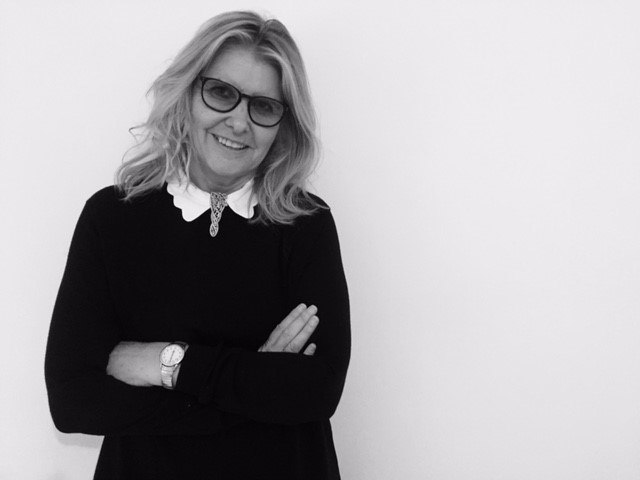
Directors UK will publish new data sometime in 2018, “to get a sense of what’s happened tangibly” in the UK, since their last report was published in 2014.
Bailey says that discussion is often equated with action and improvement but concedes that it's not always the case, with regards to gender inequality.
The issue is constantly in the public eye because of the continued efforts of organisations fighting for women’s rights, which will undoubtedly herald change eventually, as media companies face increased scrutiny.
Rebecca Johnson acknowledges the importance of several organisations in tackling gender inequality. “It’s obvious that because of the consistent pressure applied by Directors UK, all the voices…Women in Film and TV and the many people they’ve galvanised, it’s become impossible to ignore us…Change is happening and it’s long overdue.”

